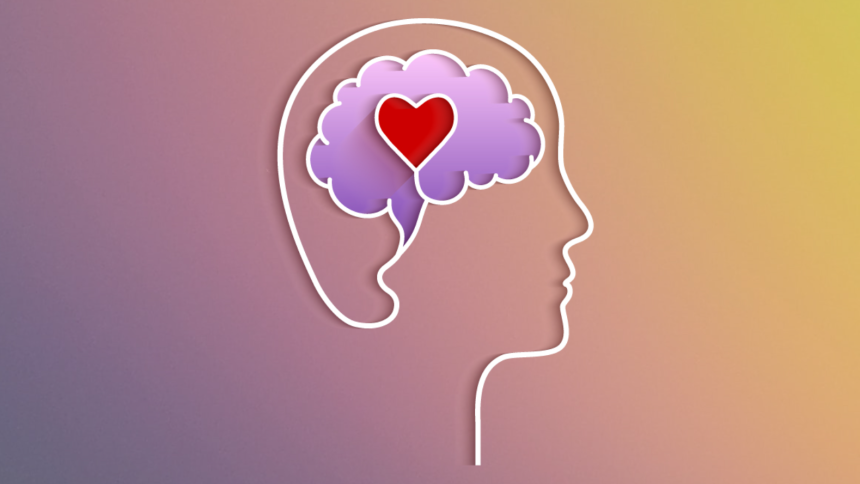Ever wonder why certain foods make you feel great while others leave you feeling sluggish? Turns out, what you eat doesn’t just affect your physical health—it plays a huge role in your mental health too. Let’s dive into how nutrition can boost your mood, improve your mental clarity, and even help combat mental health disorders.
What’s the Connection Between Food and Mood?
The saying “you are what you eat” has never been more relevant. Countless studies show that a nutrient-dense and healthy diet can positively influence your mental well-being. Foods that are rich in vitamins, minerals, as well as antioxidants nourish the brain and also protect it from oxidative stress, a key factor in mood disorders like depression and anxiety. The Mediterranean diet, known for being high in fruits, vegetables, nuts, and whole grains, is particularly beneficial. Studies indicate that people who follow this diet have a lower risk of depression.
The Renal Diet and Mental Health
You might have heard of the renal diet, often recommended for people with kidney issues. But did you know it can also impact your mental health? This diet emphasizes reducing sodium, potassium, and phosphorus intake, which can help stabilize mood swings and reduce anxiety levels. By focusing on lean proteins, fresh vegetables, and whole grains, the renal diet can contribute to better mental clarity and overall mood stability.
Gut Feelings: The Brain-Gut Connection
Your gut and brain communicate more than you might think. The gut microbiome is essential to your mental health. A healthy gut microbiome produces neurotransmitters like serotonin, which regulate mood. Diets high in fiber, probiotics, and fermented foods can enhance gut health and, in turn, improve your mood and cognitive functions.
Making Informed Choices: Know Your Food
It’s easy to learn more about the manufacturing process of your food and where it comes from to make informed decisions. Understanding how your food is produced can help you choose products that are not only good for your physical health but also beneficial for your mental well-being. Choose foods that aren’t overly processed and rich in nutrients to support brain health.
Fighting Inflammation with Food
Inflammation is a significant player in many mental health issues. Consuming a diet that’s high in saturated fats and sugars can trigger inflammation, exacerbating conditions like depression and anxiety. On the flip side, foods that are full of omega-3 fatty acids have strong anti-inflammatory properties that can help mitigate these effects. Including these superfoods in your diet can help maintain a balanced mood and improve mental health.
The Role of Vitamins and Minerals
Certain vitamins and minerals are foundational when it comes to brain health. For instance, vitamin D, often called the “sunshine vitamin,” has been linked to lower rates of depression. Similarly, B vitamins, found in whole grains, eggs, and dairy, are crucial for energy production and brain function. Ensuring you get enough of these nutrients can significantly impact your mental well-being.
Diet and Cognitive Function
Diets high in antioxidants, healthy fats, and essential nutrients support brain health and improve cognitive functions like memory and concentration. Blueberries, avocados, and leafy greens are particularly beneficial for brain health. These foods help protect against cognitive decline and enhance overall mental performance.
Practical Tips for a Nutrient-Rich Diet
Adopting a diet that supports mental health doesn’t have to be complicated. Start by incorporating more whole foods into your meals. Whole foods are those that are minimally processed and free from additives, like fresh fruits, vegetables, nuts, seeds, and lean proteins. These foods provide critical minerals and nutrients that support brain function and overall well-being.
Dehydration can lead to confusion, mood swings, and decreased cognitive function. Aim for at least eight glasses of water a day to keep your mind sharp and your mood stable.
Consider reducing your intake of processed foods, which are often high in sugars, unhealthy fats, and artificial and addictive additives. These additives can contribute to inflammation and adversely impact mental health. Instead, choose snacks like fresh fruit, yogurt, or a small amount of nuts (think a handful) to keep your energy levels steady and your mind clear.
Prepping meals ahead of time can also make it easier to stick to a healthy diet. Prepare a weekly menu that includes nutrient-dense foods, and try to cook at home as much as possible. This allows you to control the ingredients and avoid hidden unhealthy additives.
Remember, it’s about progress, not perfection. Small, buildable, and consistent changes to your diet can lead to major improvements in your mental and emotional health over time. Prioritize whole foods, stay hydrated, and be mindful of your food choices to support both your physical and mental well-being.













